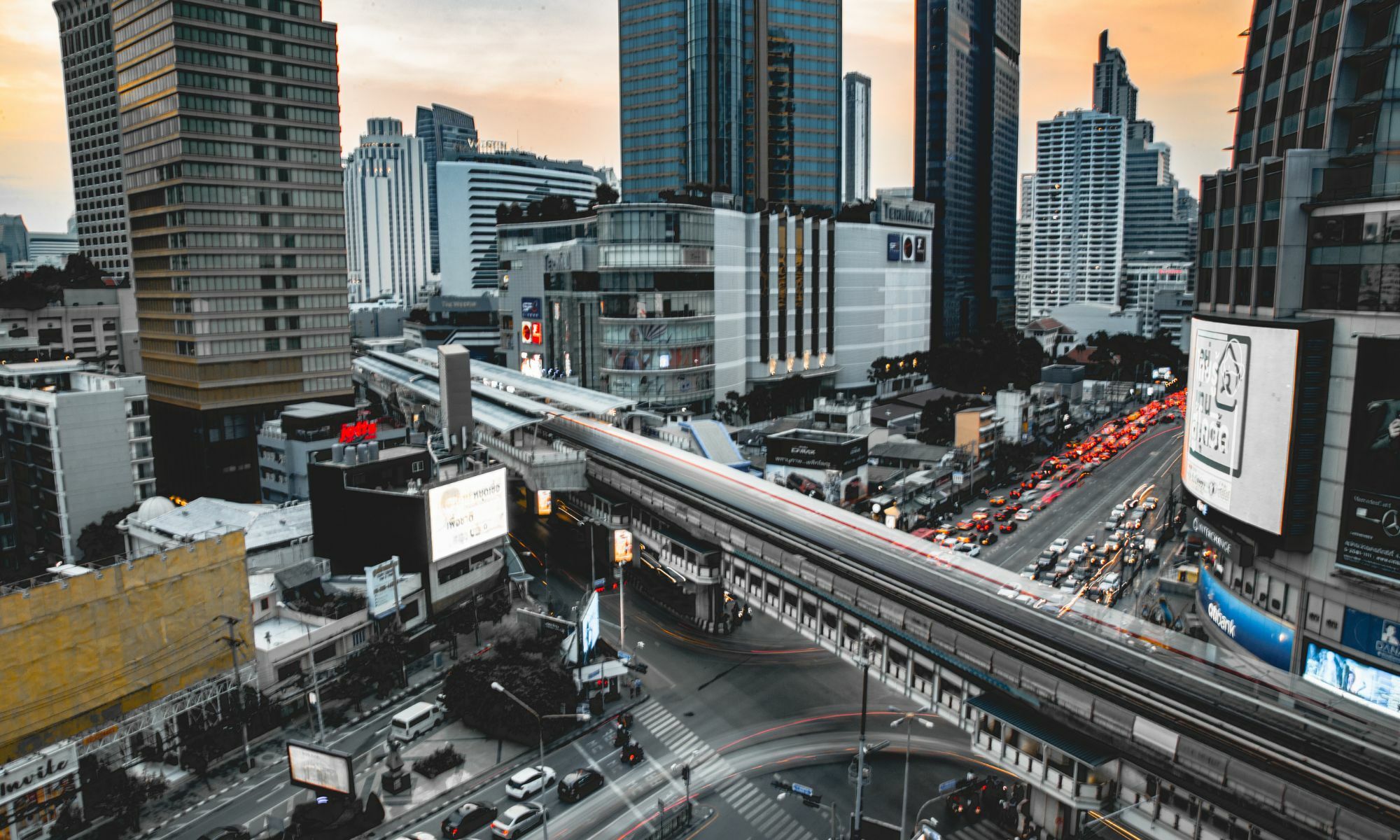Thailand’s transit twist: Electric plans spark train fare cap talks in Bangkok

The Department of Rail Transport (DRT) in Thailand is currently considering plans to deliver on the Pheu Thai-led coalition’s promise of introducing a cap on Bangkok’s electric train fares at 20 baht per trip. This was announced by a department source on Monday, who also revealed that the findings from this investigation will be presented to the new administration once it takes office.
The source further elaborated on the two methods being considered for implementing this policy. The first approach would apply the 20 baht fare only to low-income individuals who hold a state welfare card. This option is seen as more cost-effective, with the government subsidising the fares of state welfare cardholders. Currently, about 31,019 cardholders use the city’s electric trains for commuting. After the fare cap, this number is projected to increase to around 34,000 per day.
Should this plan be adopted, the government would need to subsidise approximately 35 baht per ride, resulting in a daily total of 52,190 baht or an annual total of 307.9 million baht.
The second approach would apply the fare cap to all commuters on the capital’s electric train network. This policy would be more expensive to implement, as it would require more substantial government subsidies. With an average fare of 17.47 baht per ride, the government would need to subsidise an estimated 16.5 million baht daily or 5.44 billion baht annually, to maintain the 20 baht flat fare.
Applying the fare cap universally could lead to a significant increase in the number of daily electric train commuters. The source estimates that the number of passengers could surge by 9.6%, approximately 104,296 people, resulting in an average of 1.19 million daily passengers.
The DRT expressed hopes that if this policy is implemented before the beginning of the next year, it could aid in decreasing the levels of PM2.5 pollutants. These ultra-fine pollutants often see a spike during the cooler months and pose a significant risk to public health, reported Bangkok Post.
Follow The Thaiger’s latest stories on our new Facebook page: CLICK HERE.
Latest Thailand News
Follow The Thaiger on Google News:


























